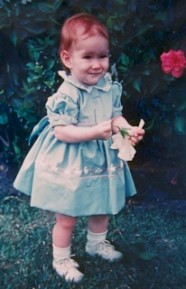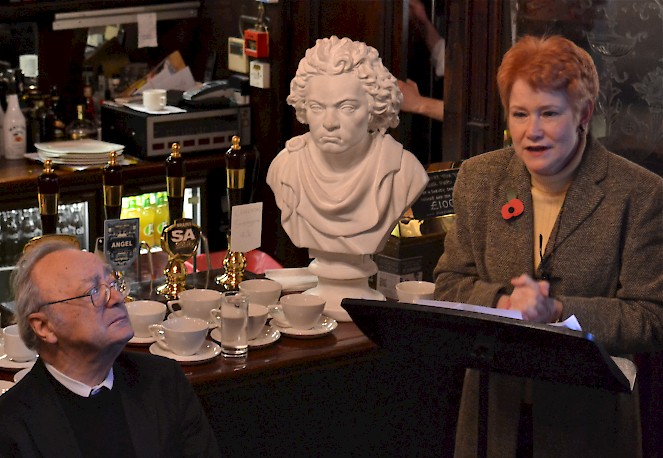About
Hello and welcome!
I study the history of classical music, including how it was used and what it meant in local cultures. I look at what the sounds were - the notes on the page - but also who sang or played them, where and when listeners heard them, and how everybody assimilated what they liked, or argued about what they didn't. I'm particularly interested in reading and listening habits, performance and reception patterns, and the economics of music.
Meanings change. People change. Musical taste is relative, and history books don't tell half the best stories. I've found that when modern assumptions about music are challenged, the results can be eye-opening.
Music has always been connected with both work and play in the lives of real people. It's in how old historical narratives about music have been shaped - and by whom - that we've absorbed some crazily limited ideas, as if only a few celebrity composers, critics or famous pieces mattered. We need to ask more questions.
I specialize in exploring the history of musical culture in Britain. That's for all kinds of music, not just music made in Britain, and not just for the concert hall or opera house. I focus on the 200 years from about 1750 to 1950.
Good music in all styles transcends time and borders. It conveys powerful messages, brings people together and helps us all feel. It's essential to health. Learning how music worked in past cultures can help us understand our own story and identity too.
I hope you enjoy exploring the ideas here.
 Starting young
Starting young
I was born in Miami, Florida and grew up in Houston, Texas. Red hair was inevitable in my family. Picking flowers was a personal choice!
I learned to play the piano at age 5, the organ at 17 and the recorder at 20. At Baylor University, music theory and composition became a focus (BMus), together with piano and choral arranging. Later I studied music history and literature - and Tar Heel basketball - at the University of North Carolina, Chapel Hill (PhD). An award from the American Association of University Women gave me 16 months of doctoral research in Great Britain.
By 1983 I'd moved permanently to the UK, teaching music for the University of Notre Dame London Programme. From 1984 I added freelance editing to my work. In the music reference division of Macmillan Publishers, familiarly known as the Grove office, I became Senior Consulting Editor of The New Grove Dictionary of Opera (4 vols., 1992), and External Advisory Editor for The New Grove Dictionary of Music and Musicians, 2nd edn (29 vols., 2001). Both books are now accessible at Oxford Music Online.
Making things work
Research and writing took a back seat when I had children and put down roots in Hampshire. Scholarship and lecturing can be surprisingly amenable to family life, though, adding balance and energy. Building new connections in the late 1990s with the economic historian Cyril Ehrlich developed my methods in historical argument. Concert life in London became a fresh research thread - halls, performers, repertory, urban planning and period politics.

Besides being (honorary) Visiting Fellow in the Music Department of Goldsmiths, University of London, I co-convened Music in Britain: A Social History Seminar at the Institute of Historical Research, Senate House, London until 2011. Later I became Associate, then Lifetime, Fellow of the Institute of Musical Research in the same university. Having stepped down as a Vice-President of the Royal Musical Association, I joined the Council of the Royal Philharmonic Society, where I've recently been appointed Hon. Librarian. I'm also a member of the Society of Authors and the American Musicological Society.
I live in Southampton with my husband and two sons.
 Langley
Langley
